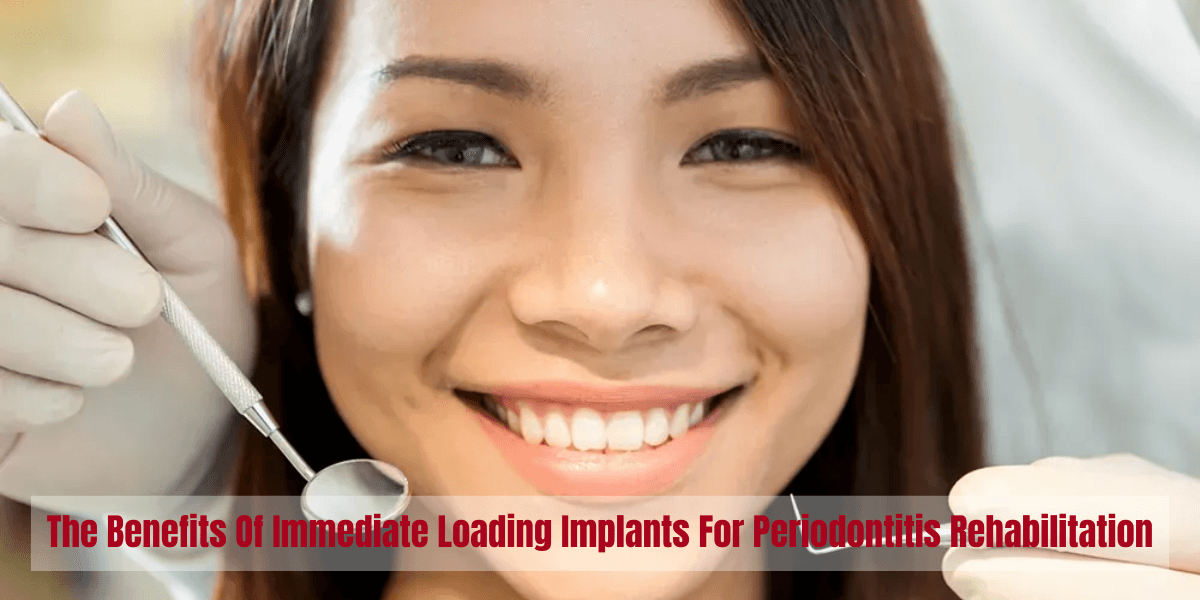Immediate loading dental implants are transforming the way we replace lost teeth, not only because they look better but also because they work better and heal more quickly. These strategic implants are helping patients change not just how they look but also how they live because of their instant outcomes and drastically shortened treatment times.
Discuss with your dentist whether immediate loading implants are the best option for you if you’re thinking about getting dental implants, especially if you have periodontitis. Individuals with severe periodontitis frequently experience gaps in their look and oral function due to tooth loss and reduced bone structure. Prosthetic crowns or bridges can be placed on the same day as implant surgery using immediate loading dental implants, which speeds up recovery, improves patient satisfaction, and eliminates the need for multiple surgeries.
Immediate loading implants support better long-term outcomes and enhance the quality of life for those who have lost teeth due to periodontitis by stabilizing the oral environment and stopping additional bone resorption. Because they offer a prompt solution to restore function and appearance, Immediate Loading Implants are essential for the prompt rehabilitation of instances of periodontitis.
They can then have smiles for the rest of their lives with these implants if they take good care of them. Tips to take care of your implants, especially if you had immediate rehabilitation for periodontitis cases:
- Use a soft-bristled toothbrush to brush your teeth at least twice a day. Avoid using too much force when brushing because this can harm both the implant and the gums.
- Use a fluoride, non-abrasive toothpaste to avoid causing damage to the surface of your implants.
- Floss every day to help get rid of plaque and food particles from in between teeth and around implant sites.
- Use an antiseptic mouthwash to promote general dental health surrounding your implants and help avoid gum infections.
- Schedule dental examinations at least every six months, or as your dentist recommends, to keep an eye on the health of your implants and surrounding tissue.
Speak with a dentist who specializes in implantology for immediate rehabilitation for periodontitis cases.
Keep yourself updated following our Social Page for the latest news and information.






